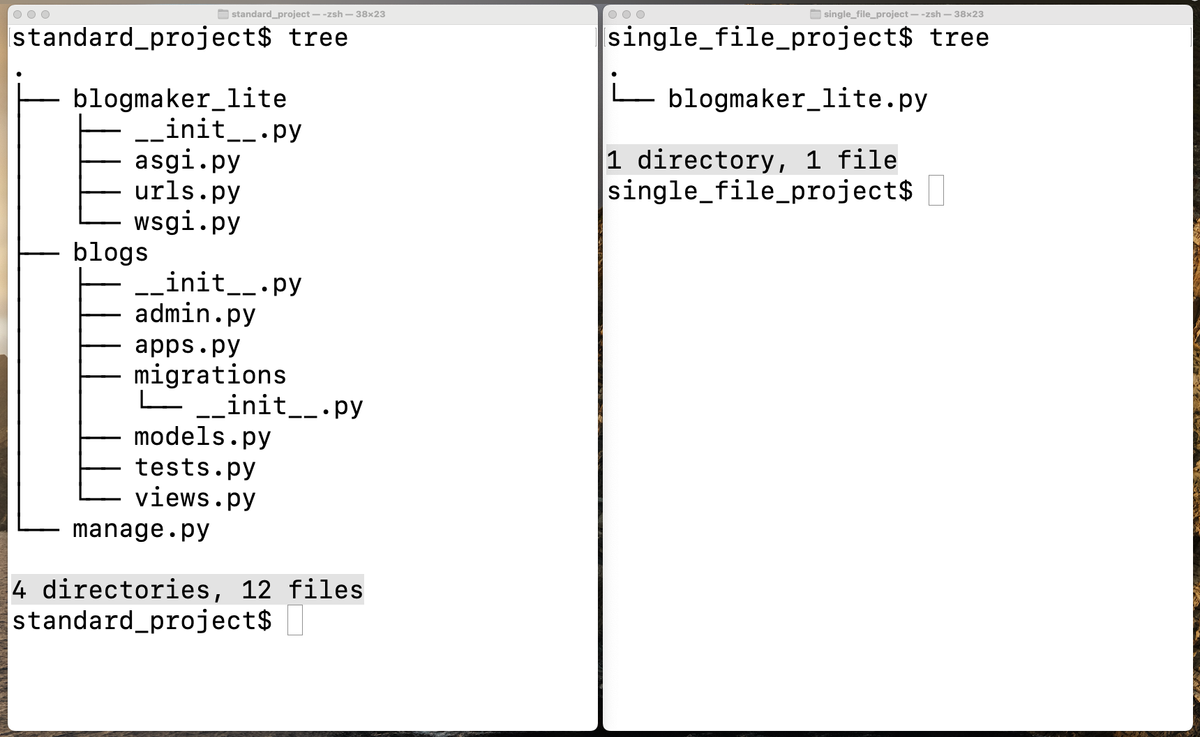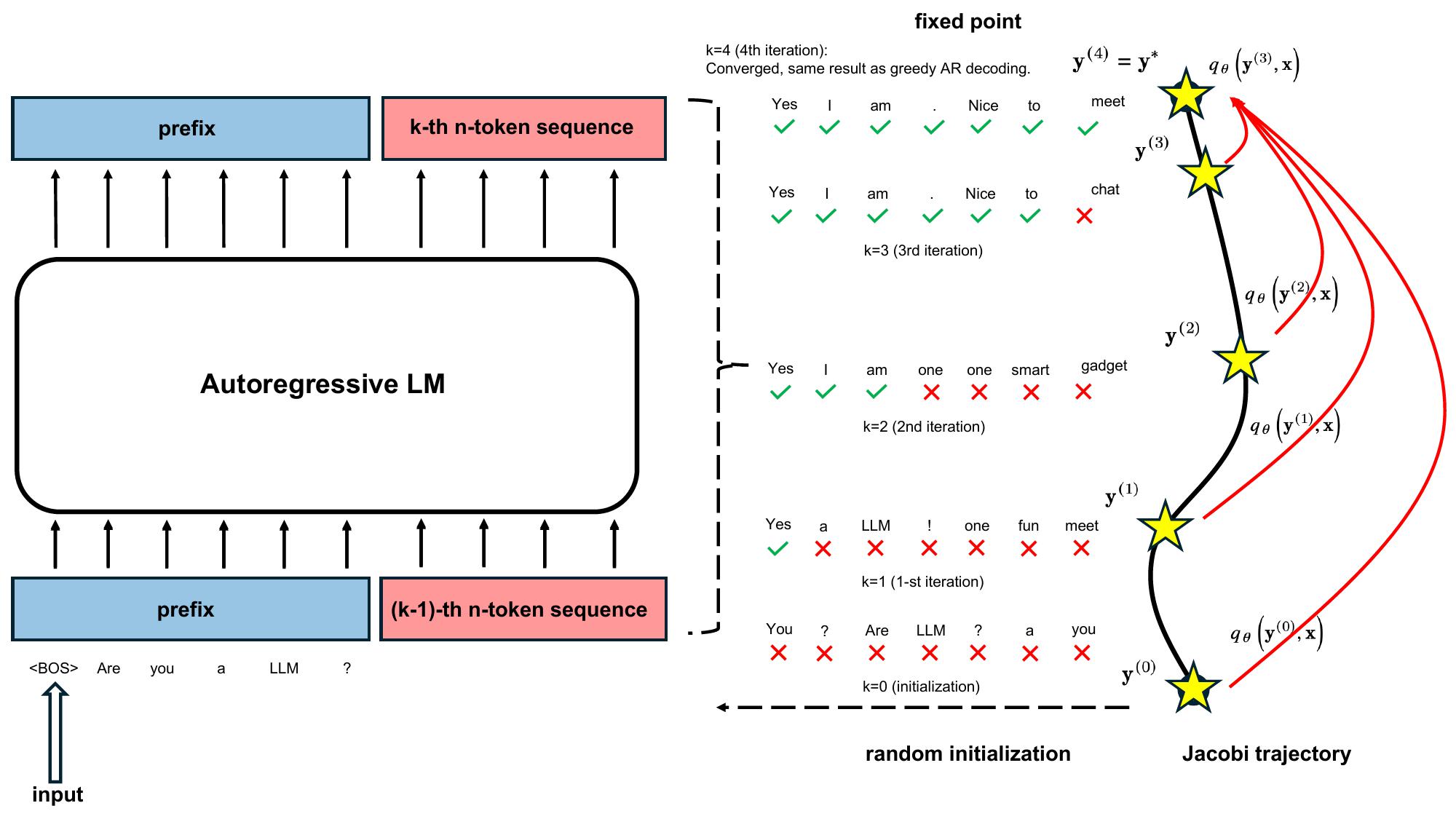持久分布式 asyncio 事件循环 (temporal.io)
Temporal 提供了一个持久分布式 asyncio 事件循环,使得开发人员能够编写高并发和容错的 asyncio 应用程序。它通过提供一个持久的存储层来管理和协调事件循环的状态,并通过一个分布式消息总线来处理事件。这使得应用程序能够在节点故障或网络中断的情况下保持状态和继续处理事件。该事件循环还具有内置的超时和重试机制,以确保任务的可靠执行。
Cosmic rays streamed through Earth's atmosphere 41,000 years ago: New findings on the Laschamps excursion (phys.org)

這項研究表明,宇宙射線是從地球大氣層的高層流入的。這些射線主要由質子和原子核組成,來自太陽系以外的遙遠星系。研究人員使用氣球攜帶的探測器收集了從大氣層上方約37公里處收集的數據。他們發現,在太陽不活躍週期,宇宙射線的通量比預期的高得多。這項發現挑戰了以前關於宇宙射線如何進入地球大氣層的理論,並可能對我們理解太空天氣和氣候的影響產生影響。
Coroutines and effects (without.boats)
此网站的文章探讨了协程和效果的概念,提供了对协程和效果在 Go 语言中使用的深入了解。文章涵盖了协程的基础知识,包括创建、挂起和恢复协程,以及各种类型的效果,如并发和取消。文章还讨论了协程和效果的实际应用,例如构建并行和可取消的任务。
Django from first principles (www.mostlypython.com)

mostlypython.com上的此页面提供了一系列教程,旨在教授初学者如何使用Django,一种流行的Python网络框架。教程从基础开始,并逐步指导读者完成构建一个功能齐全的Django应用程序的过程,涵盖了模型、视图、模板和URL配置等主题。这些教程对于那些希望学习Django并构建自己的网络应用程序的人来说是一个宝贵的资源。
谷歌白领员工跳槽至安德森-霍洛维茨 (qz.com)

安德森-霍洛维茨是一家风险投资公司,近年来聘请了多位谷歌前高管,包括前首席财务官帕特里克·皮谢特和前首席运营官乌尔斯·霍尔兹勒。这表明该公司正在加大对科技行业的投资,并希望利用谷歌的人才和经验。不过,一些分析师认为,安德森-霍洛维茨可能会面临人才流失的问题,因为谷歌可以提供更高的薪酬和福利。
微软为消费者 Microsoft 账户添加 Passkey 支持 (www.theverge.com)
/cdn.vox-cdn.com/uploads/chorus_asset/file/24347780/STK095_Microsoft_04.jpg)
微软宣布为消费者 Microsoft 账户添加对 Passkey 的支持。Passkey 是一种基于标准的新型无密码登录方法,旨在取代传统密码。使用 Passkey,用户可以通过面部识别、指纹或设备 PIN 等设备生物特征认证来登录。微软表示,Passkey 将在今年晚些时候通过 Windows 更新在 Windows 系统上推出,并将在未来几个月内推广到 iOS 和 Android 设备。
RAGCache:用于检索增强生成的有效知识缓存 (arxiv.org)

这篇论文介绍了 RAGCache,一种专为检索增强生成(RAG)量身定制的多级动态缓存系统。RAGCache 旨在解决 RAG 系统中因知识注入导致的长序列生成问题,从而降低计算和内存成本。该系统通过在知识树中组织检索到的知识的中间状态,并将它们缓存到 GPU 和主机内存层次结构中来实现这一点。RAGCache 提出了一种替代策略,它了解 LLM 推理特征和 RAG 检索模式,并动态重叠检索和推理步骤,以最大程度地减少端到端延迟。实验结果表明,与 vLLM 集成 Faiss 相比,RAGCache 将首个令牌时间 (TTFT) 缩短了 4 倍,并将吞吐量提高了 2.1 倍。
医疗保健公司联合健康集团和 Change Healthcare 因勒索软件攻击而泄露数据 (techcrunch.com)

知名医疗保健公司联合健康集团 (UHG) 和 Change Healthcare 近日遭受了一次勒索软件攻击,导致大量患者数据被泄露。攻击者利用被盗的登录凭证绕过了多因素身份验证 (MFA),访问了敏感信息,包括姓名、地址、社会安全号码和医疗记录。两家公司目前正在调查该事件,并已通知受影响的个人。
一致性大语言模型:高效并行解码器家族 (hao-ai-lab.github.io)

这篇博客介绍了一致性大语言模型 (CLLM),这是一种新型并行解码器,能够通过在每个推理步骤中高效地解码 n 个标记序列来减少推理延迟。研究表明,这个过程(模仿人类在逐字表达之前在脑海中形成完整句子的认知过程)可以通过简单地微调预训练的 LLM 来有效地学习。具体来说,CLLM 被训练通过将任何随机初始化的 n 个标记序列映射到自回归 (AR) 解码在尽可能少的步骤中产生的相同结果来执行并行解码。实验结果表明,使用我们提出的方法获得的 CLLM 非常有效,生成速度提高了 2.4 倍到 3.4 倍,与 Medusa2 和 Eagle 等其他快速推理技术相当,甚至更好,但在推理时不需要额外的内存成本。
React、Electron 和大型语言模型的共同目标:开发工具流行的劳动力套利理论 (www.baldurbjarnason.com)
本文探讨了近年来流行的软件开发工具背后的原因,作者认为,这些工具的流行并非完全取决于其技术优势,而是与劳动力套利密切相关。作者指出,React、Electron 和大型语言模型等工具的兴起,是因为它们能够帮助企业用更廉价的劳动力替代专业技能,从而降低成本。文章最后呼吁软件开发人员通过集体谈判等方式维护自身权益。
CMkr : C++ Module Wrapper for Rust (github.com)
CMkr是一个C++模块包装器,允许您在Rust中使用C++代码。它提供了在Rust中使用C++库、函数和类的安全且方便的方法。CMkr使用C++构建系统构建和链接C++代码,并生成可用于Rust项目的Rust代码。该项目包括一个演示,展示了如何使用CMkr将Eigen库与Rust集成。
人工智能不威胁人类,但它的拥有者却威胁人类 (www.scientificamerican.com)

该网站是一篇由索菲亚·卢卡斯发表在《科学美国人》杂志上的文章。文章认为,人工智能本身并不对人类构成威胁,真正威胁人类的是人工智能的所有者。作者认为,人工智能的所有者可能会利用人工智能来谋取个人利益,而忽视人类的最佳利益。作者呼吁对人工智能的所有权和使用进行监管,并确保人工智能被用于造福人类而不是损害人类。
Glass Health Inc. (jobs.lever.co)

Glass Health是一家医疗科技公司,其使命是通过虚拟护理解决方案改善人们的身心健康。该网站展示了该公司的产品和工程团队的空缺职位,提供角色描述、福利和公司文化信息。
美联储历史上的抗通胀措施 (www.federalreservehistory.org)
本网站提供了美联储历史上采取的抗通胀措施的深入文章和研究,重点关注央行如何通过改变货币政策管理通货膨胀。
宁德时代1000千米磷酸铁锂电动汽车电池,以1千米/秒的速度超级充电 (newatlas.com)

中国电池制造商宁德时代推出了一款新的磷酸铁锂(LFP)电池,名为 Shenxing Plus,可为电动汽车提供超过 1000 公里的续航里程。这款电池采用创新技术,例如多级涂层和固态电解质,提高了能量密度和安全性。Shenxing Plus 旨在满足日益增长的对更高续航里程和更低成本电动汽车的需求。
Red Hat updates Trusted Software Supply Chain to enhance early security integration - SiliconANGLE (siliconangle.com)

红帽公司更新了其可信软件供应链,加强了早期安全集成。更新后的供应链集成了新的安全功能,例如Sigstore和Cosign,允许开发人员在软件开发的早期阶段验证软件的完整性和出处。此外,还提供了对SLSA(软件供应链级别)框架更好支持,使开发人员能够评估和改进其软件供应链的安全性。这些增强旨在帮助组织确保其软件供应链的安全,防止恶意软件和供应链攻击。
FileKitty - 一个跨平台的文件管理工具 (github.com)
FileKitty是一个开源的跨平台文件管理工具,旨在提供简单易用且高效的文件管理功能。它具有包括文件浏览、搜索、编辑、删除、重命名、复制和粘贴等基础功能,以及一些高级功能,例如支持标签、收藏夹和云存储集成。FileKitty支持Windows、macOS和Linux系统,并提供多种语言版本。
世界最高天文台在智利的阿塔卡马高原开放 (www.space.com)

日本东京大学阿塔卡马天文台 (TAO) 在智利阿塔卡马高原上正式开放。该天文台位于海拔超过 16,400 英尺(5,000 米)的地方,是世界上海拔最高的天文台。TAO 将使用最先进的技术研究暗能量以及其他宇宙学课题。
全球债务危机:世界 GDP 回到拿破仑战争时期 (fortune.com)

文章讨论了全球债务危机的问题,指出世界 GDP 已回到拿破仑战争时期的水平。文章强调了美国债务和债券收益率上升的风险,并指出这可能会对世界经济产生毁灭性的影响。文章呼吁采取行动解决这一危机,包括增加税收和减少支出。
CenturyLink 让用户断网两个月,然后向他们收取 239 美元的费用 (arstechnica.com)

这篇文章报道了 CenturyLink 通信公司让用户断网两个月,然后向他们收取 239 美元费用的事件。俄勒冈州公共事业监管局正在调查此事。CenturyLink 已为受影响客户提供退款并赠送服务积分。
司法部正在调查特斯拉的自驾技术和埃隆·马斯克吹嘘股票 (www.theverge.com)
/cdn.vox-cdn.com/uploads/chorus_asset/file/25355893/STK022_ELON_MUSK_CVIRGINIA_B.jpg)
司法部正在对特斯拉的自驾技术和埃隆·马斯克关于该技术能力的公开声明展开一项刑事调查。调查的重点是特斯拉是否通过夸大其自动驾驶功能的能力来误导投资者。司法部还传唤了特斯拉公司董事会成员,以获取有关公司行为的信息。
GitHub - WINSDK/bite: Disassembler focused on comprehensive rust support. (github.com)
该网站是一个提供 Windows SDK 和头文件二进制分发的 GitHub 存储库。它包含 Windows 10 和更早版本的二进制文件,旨在简化 Windows 开发人员的开发过程。
US Air Force confirms first successful AI dogfight - The Verge (www.theverge.com)
/cdn.vox-cdn.com/uploads/chorus_asset/file/25406527/us_air_force.jpg)
美国空军进行了人工智能驱动的模拟空战测试,展示了人工智能在未来空战中的潜力。在测试中,人工智能展示了在对抗有人驾驶飞机时拦截并击落敌机的能力,这被认为是人工智能在空战领域的一个重大突破。
招聘人员判断简历的能力比抛硬币好多少? (interviewing.io)

本文分析了招聘人员评估简历的能力,发现其准确率仅略高于随机猜测。研究表明,招聘人员倾向于优先考虑具有顶级公司经验和少数族裔身份的候选人,而忽略了实际技能和能力。研究还发现,招聘人员在评估简历时花费的时间很短,这可能导致判断失误。文章建议招聘人员放慢速度,更仔细地阅读简历,并根据候选人的背景来评估他们的成就。此外,文章还探讨了人工智能在简历评估中的潜在作用,认为人工智能模型可以比人类招聘人员更准确地预测面试成功率。
太阳能为亚马逊深处带来巨变 - 华盛顿邮报 (www.washingtonpost.com)

该网站报道亚马逊公司在厄瓜多尔安装太阳能电池板,以减少其设施的碳足迹。该项目是亚马逊气候承诺的一部分,旨在到2040年实现净零碳排放。太阳能电池板的安装面积超过18万平方米,年发电量可达20兆瓦,足够为1.5万户家庭供电。该项目有助于亚马逊减少其在厄瓜多尔运营的碳排放量,并为当地社区提供清洁能源。


